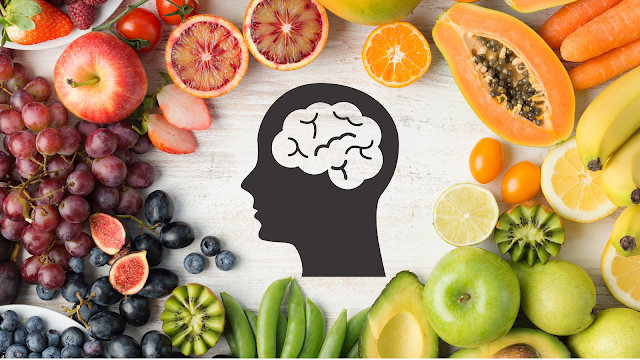Nourishing the Mind: The Connection Between Mental Health and Nutrition
In our fast-paced world, mental health issues have become increasingly prevalent. While therapy and medication are essential for managing mental health conditions, the role of nutrition should not be underestimated. Research suggests that the food we consume directly impacts our mental well-being. In this blog post, we will explore the intricate connection between mental health and nutrition, understanding how the right diet can support a healthy mind.
The Gut-Brain Connection:
Recent studies have highlighted the gut-brain connection, emphasizing the importance of a healthy digestive system for mental health. A balanced diet rich in fiber, probiotics, and prebiotics promotes gut health. Foods like yogurt, kefir, and fermented vegetables contain probiotics that nurture a diverse gut microbiota, positively influencing mood and reducing anxiety.
Essential Nutrients for Mental Health:
Certain nutrients play a pivotal role in maintaining optimal mental health:
Omega-3 Fatty Acids: Found in fatty fish like salmon and walnuts, omega-3 fatty acids are known for their anti-inflammatory properties, reducing the risk of depression and anxiety.
Antioxidants: Fruits and vegetables such as berries, spinach, and kale are packed with antioxidants that protect the brain from oxidative stress, potentially lowering the risk of mental decline.
Vitamin D: Sunlight and vitamin D-rich foods like fortified milk and eggs are essential for regulating mood and preventing disorders like seasonal affective disorder (SAD).
B Vitamins: Foods like whole grains, legumes, and leafy greens contain B vitamins that support the production of neurotransmitters, crucial for maintaining stable moods.
Proteins: Amino acids derived from proteins are the building blocks of neurotransmitters. Including lean meats, fish, tofu, and legumes in your diet ensures a steady supply of these essential compounds.
Balanced Diets and Mental Wellness:
Adopting a balanced diet that includes a variety of fruits, vegetables, whole grains, lean proteins, and healthy fats is key to promoting mental wellness. Avoiding excessive consumption of processed foods, sugars, and caffeine is equally important. These foods can lead to energy crashes and mood swings, adversely affecting mental stability.
Mindful Eating and Emotional Well-being:
Practicing mindful eating fosters a healthy relationship with food. Being aware of what you eat, savoring each bite, and understanding your body's hunger and fullness cues can prevent emotional eating, a common coping mechanism for stress and anxiety.
Conclusion:
Incorporating a nutritionally balanced diet into your lifestyle is a proactive approach to supporting mental health. By understanding the connection between mental well-being and nutrition, we empower ourselves to make informed choices that contribute to a healthier mind and body. Remember, mental health is a holistic journey that encompasses various aspects of our lives, and a nutritious diet is a significant step toward achieving overall well-being.
